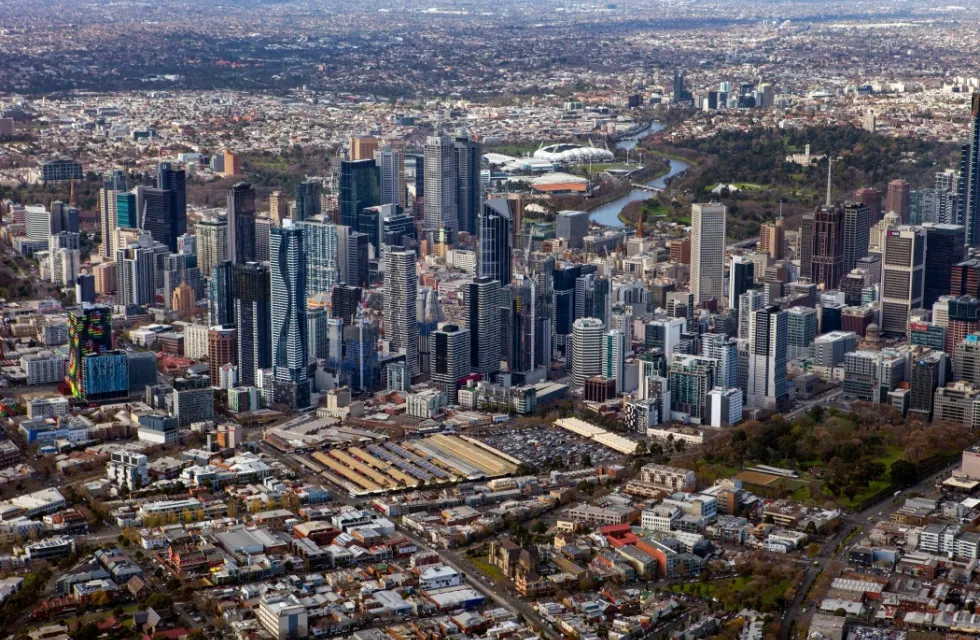Services and programs are engaging with children and young people in new ways: through video conferences, online forums, webinars, social media platforms or over the phone.
The internet, social media platforms and cloud-based video conferencing like Zoom are great ways to socialise, learn, work, play and be entertained. But there are also risks including, online sexual exploitation, cyber bullying, online risk taking behaviour, inappropriate collection, use and sharing of data as well as harmful and distressing content. Below is important information for caregivers, children and young people to mitigate these risks and have safe and enjoyable experiences online.
Safety resources
Caregivers and children under five
The eSafety Commissioner website is a great resource to learn about online safety and includes important information on the big issues, including:
- cyberbullyingOpens in new tab
- online pornographyOpens in new tab
- sending nudes and sextingOpens in new tab
- time onlineOpens in new tab
- online gamingOpens in new tab
- unwanted contact and groomingOpens in new tab
- End Violence against Children tip sheetOpens in new tab
- Child Online ProtectionOpens in new tab
- Think U Know (UK website)Opens in new tab
- It’s never too early to talk about online safety; access information for children under 5Opens in new tab
- Develop a family tech agreement for young childrenOpens in new tab
- Fun story puzzlesOpens in new tab to explore safety with children
- Caregiver(s) of children aged 4 to 7 can access targeted information on online safetyOpens in new tab.
Children aged 6 to 12 years
- eSafety Commissioner’s eSafety kids webpageOpens in new tab is a great resource for children aged 6 to 12.
- Child Protection Online with Sango storybooksOpens in new tab, for children under 9, present six scenarios with questions about their rights and safety online.
- The work with Sango workbooksOpens in new tab aim to guide, advise and teach children aged 9 to 12 about their rights, risks and safety online.
- Encourage children to follow the tips on how to be an eSafe kidOpens in new tab.
- Children and their caregiver(s) can make a complaint about cyberbullyingOpens in new tab to the eSafety Commissioner.
- The Think U Know, UK website has targeted online resources for children aged 8 to 10 Opens in new tab and 11 to 13 year oldsOpens in new tab.
Young people aged 13 to 18 years
- Learn about the latest games, apps and social media, including how to protect your information and report inappropriate content by visiting the eSafety GuideOpens in new tab.
- If you’re dating online, receiving unwanted nudes or being pressured into sending nudes, being trolled or bullied, feeling concerned about your digital reputation or experiencing catfishing, access information about these topics and moreOpens in new tab.
- You may be interested in engaging with Voices of YouthOpens in new tab and joining their community, UNICEF's digital community FOR YOUTH, BY YOUTH. The website can be assessed in multiple languages including Arabic, French, Spanish and English.
- The Net rules challengeOpens in new tab is an online social media campaign for young people aged 13 to 18 years old that can help you learn how to manage risks online and support you in a safe and positive online experience.
- The Think U Know, UK website has specific resources for young people aged 14 and overOpens in new tab.
Want to learn more?
The eSafety Commissioner run free one-hour webinarsOpens in new tab for parents on topics including, popular apps used by young people with case studies, research, and targeted advice on where to find help and support.



